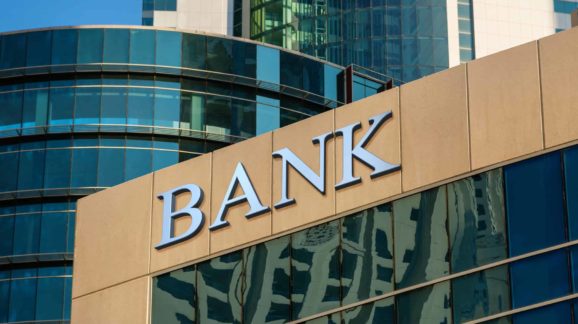There’s Nothing to Fear About Modest Banking Reform
The United States financial system is in desperate need of reform. The hundreds of new rules and regulations imposed by the Dodd-Frank Act have devastated the nation’s banks, with compliance costs nearing 83 million paperwork hours and $39 billion. While big banks with armies of lawyers can absorb these costs and still remain profitable, smaller banks simply cannot. Since Dodd-Frank’s passage, more than one in five banks have disappeared across the country, at a rate of nearly one per business day.
That’s why the Senate is expected, as soon as this week, to take up its first major piece of banking legislation since Dodd-Frank. The bill introduced by Senate Banking Chairman Mike Crapo (R-Idaho) is an important yet modest attempt at reform, loosening certain rules for small banks but leaving Wall Street untouched.
So why are progressive groups and their Senate counterparts trying to label the bill as “gutting” Dodd-Frank? Sen. Elizabeth Warren (D-Mass.) for example, said that Republicans and Democrats are “siding with their big bank donors instead of working families.” She’s wrong. Whatever the many merits of dismantling Dodd-Frank, this bill doesn’t do that.
Hyperbole aside, the Crapo bill is a moderate, common-sense reform with strong bipartisan support. The bill is almost exclusively focused on exempting community banks, those Main Street institutions with less than $10 billion in assets, from some of the worst Dodd-Frank rules. For better or worse, the legislation provides no deregulatory measure whatsoever for Wall Street — surely more a “tweaking” of Dodd-Frank than a “gutting.”
Even the legislation’s most significant reforms are rather modest. Take Dodd-Frank’s policy of designating regional banks as “too big to fail.” Regional banks are larger than community banks but much smaller than their cousins on Wall Street. Nevertheless, regional banks are regulated in the same manner as some of the largest, most complex institutions. Currently, any bank with over $50 billion in assets is automatically considered a “Systemically Important Financial Institution” (SIFI). This places Zions Bank in Utah, with $65 billion in assets, under the same regulatory apparatus as J.P. Morgan, which has $2.5 trillion in assets. The hypothetical failure of these two banks would pose wildly different risks to the economy, and yet they are regulated as if they were the same.
Regulating Main Street like Wall Street simply does not make sense. Even the co-author of Dodd-Frank, former Massachusetts Rep. Barney Frank, thought that Congress should revisit the asset threshold, as they “never thought $50 billion was a forever number.” That’s why the Crapo bill proposes lifting the SIFI threshold from $50 billion to $250 billion, exempting banks who engage in “traditional” banking activities, such as taking deposits and lending to small business, from an unnecessary layer of regulation.
According to one study, such inappropriate regulation is reducing regional banks’ capital to lend by $20 billion. Bringing this capital back into local economies would be a boon for small business and working families.
If anything, the Crapo bill doesn’t go far enough. A recent report by the Office of Financial Research, a non-partisan government agency created under Dodd-Frank, recommended scrapping the $50 billion asset threshold altogether. This is because a bank’s size alone fails to identify whether or not it is “systemically important.” To improve the bill, the Senate should follow the House’s lead and require regulators to look at a range of factors to tailor regulation to a banks particular risk profile.
Sen. Crapo’s banking reform legislation is not the boogeyman that progressive groups make it out to be. Indeed, a slim Republican majority in the Senate makes sweeping legislation unlikely, and yet this bill has enough Democratic support to garner 70 votes.
Even in such a polarized environment, Republicans and Democrats agree that community and regional banks are in need of regulatory relief. Despite what populist politicians say, there is nothing to fear about such modest banking reform.
